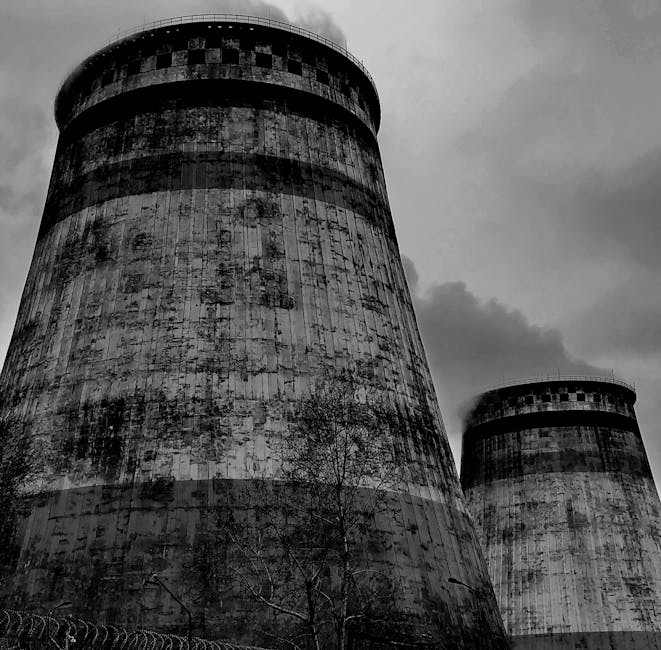in this video we talk about why your air
conditioning duct work is sweating why it looks like it might be leaking
water and what you can do to fix it yourself
so please subscribe if you would like weekly tips on how to improve your
heating and air conditioning system and save money what was the goal of the detective duck
the goal of the detective duck to quack the case because today we're
going to quack the case on leaking water yeah let's talk about
sweaty ducks and how we can what why it's doing that and how
somebody might be able to fix it can duck work
leak water well no ductwork doesn't contain water
there's not water in the ductwork or there's not
supposed to be what is happening is the ducts are
sweating if you're really trying to be a
detective here if you're trying to quack the case
what is happening is warm moist air is coming in contact with a cold
surface a cold the ductwork is cold think of your iced tea glass
in the summertime that glass is cold and you're out on the patio in the
summertime and warm moist air comes in contact with that cold surface
what happens you get sweating and you end up with a
pool of water on the table and that's what's happening
with ductwork that is sweating so the surface of the ductwork is cold
because we're in the air conditioning season so we have
refrigerated air inside the ductwork so we can't really help that
what we can control is the warm moist air why is warm moist air
coming in contact with the ductwork it can be a
number of various reasons it can be something as simple
as the basement window is cracked open oh gee we did that
about three months ago when we had an odor or something like that you know but
you know sometimes seasons change and in the springtime you
opened up the basement window and you forgot to close it back
up we had a case that we had to quack and that's the last time i'm going to
use that okay yeah no more this one was an interesting case we had a we had
a house that a 10 year old home a completely finished
basement they had some moisture showing up down
you know staining uh ceiling tiles it was a mystery
because you got up above the suspended ceiling up where the
ductwork was and on the top of the ductwork
it was soaking wet it was literally holding water extreme damage like this
has been wet for a long time well of course we
look for plumbing and you can look for that you know
sometimes plumbing dripping can then track someplace else off the
ductwork so it could be a a plumbing leak but this wasn't no
plumbing and it was in more than one place
did we have wet delt cork like this what we found we're in moving these
ceiling tiles around you kind of looking up in the joy spaces
and you could see some cobwebs kind of being
air movement what we found was a crack in the siding in the seams of the siding
maybe uh not even a quarter of an inch but it was about 10 feet long
the link of the deck on the outside of the house can you picture that you know
a little crack this wide but the length of the
deck and it was a little i would let in a lot
of air yeah it was allowing and it was in the dead of summer a half
a tube of caulking uh underneath the deck and we fixed the
problem there we had infiltration so you want to check your
home if you think this is the problem look we're looking for little cracks
we're looking for penetrations in the home
that hole that the refrigerant lines for the air conditioner go through
or the cable tv guy just shot a hole this big and put his little bitty wire
through it some caulking that has worn out or shrunk up and fallen away
you're looking for it can be any running your fingers
on the outside of the house where the foundation wall is
and the siding laps over that run your fingers
up underneath that sometimes it's amazing how much
room there is it's not tight anymore you're looking for
infiltration into that space that would cause
the humidity to be high the other is sometimes uh homes are built on top of
a natural spring almost you know we have some homes that
it's just naturally moist now you want to check your gutter
downspouts and and groundwater is groundwater
flowing towards your foundation versus uh
flowing away from it you want to check for things like that short of all those
kinds of things sometimes it's just you've got a warm moist space down there
and that's where then a dehumidifier is really a great
alternative as well some way to control the humidity in that
lower level of the home we have whole house dehumidifiers that
work extremely well this isn't one of these get it at the
home depot or something like that you know this is a serious dehumidifier
i actually have one of those at my house where wow what a difference it made in
just the feel of your storage room you know how you
can have just that high humidity uh can just give it kind
of a damp basement kind of feel where you can dry
that out with the proper appliance we did a whole other video with matt
about dehumidifiers right all about dehumidifiers so i'll
link to that it's an interesting problem and one that a homeowner could kind of
do a lot on their own to solve that's why i kind of throw out
these different ideas that maybe it's something that people hadn't really
thought of but but we have seen something like a
quarter inch crack in a in some siding you know that
has it's always been that way it has always
been that way another one was we ran into one time where it was down
in a basement unfinished basement and you had this one run
you know this the section of ductwork on the far end of the basement
was sweating and that's where we found an isolated place where it was a leak
coming from the bay window on the front of the house was allowing
warm moist air just in this one spot let's go on to the
other possibility there are times where we can have
warm moist air come in contact with cold ductwork and it's really not a fault of
infiltration error or something like that so think about this one
a lot of people have duct work in their attic
that duct work is going to be cold so now in the in the attic
you need to have your duct work needs to be insulated
wrapped and insulated sometimes insulation can fall away from the
ductwork and cause warm moist attic air to come in contact
with the ductwork and create a problem like that so
there's places where we've got duct work and we need to make sure it's
insulated because it isn't the ductwork is in a warm moist place
if you keep that in mind it'll help you a lot as far as if you're
being the detective trying to figure this one out thanks i think that was
helpful dan

